Empowering Voices: Quotes From The Patient Engagement Open Forum
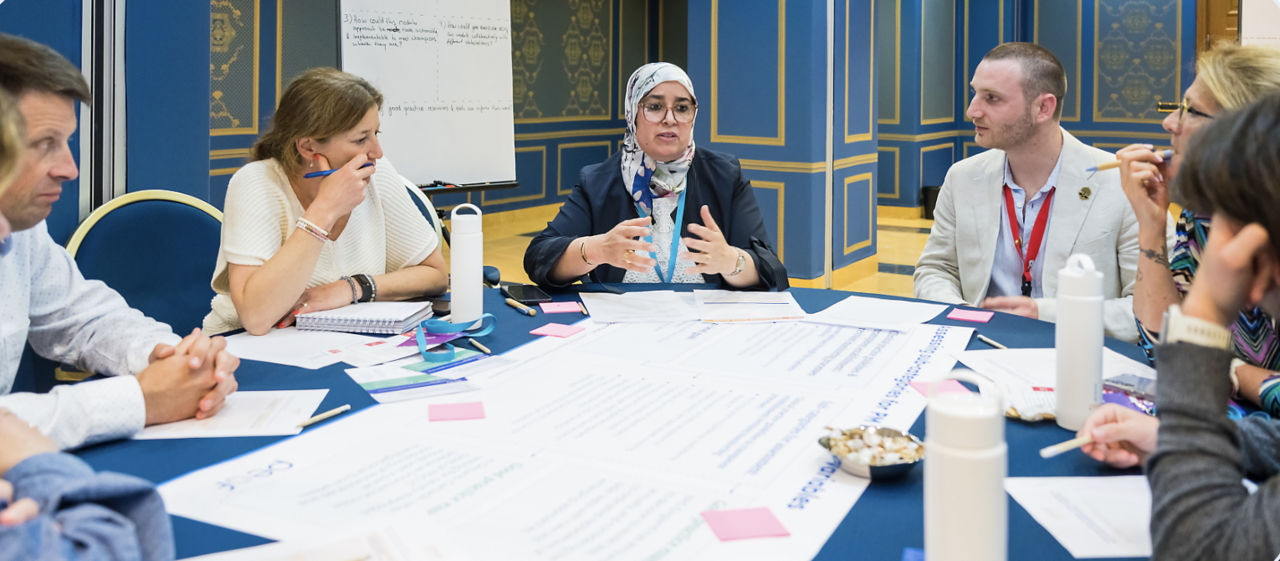
In May 2024, the Patient Engagement Open Forum gathered voices from across the healthcare spectrum to discuss crucial issues, share insights, and advocate for meaningful change. The forum provided a platform for diverse perspectives, emphasising the importance of patient empowerment, inclusivity, and genuine collaboration in healthcare decision-making. Here’s a reflection on some of many key quotes that resonated with me during this impactful event.
Redefining Patient Roles and Expertise
One attendee challenged traditional views: "The biggest challenge is calling this a patient movement" and remarked that "You're only a patient when you're in front of a doctor." These words highlighted the need to see patients as equal stakeholders and experts in their own right, rather than passive recipients of care. This shift in perspective underscored the value of lived experiences and patient insights in driving meaningful change, reminding everyone that "Patients are not just a tickbox."
Embracing Diversity
Another attendee emphasised that “Diversity is a strength.” This sentiment underscored the forum’s commitment to embracing diverse backgrounds, experiences, and perspectives. In a field as multifaceted as healthcare, diversity not only enriches discussions but also enhances the quality and relevance of healthcare solutions.
Meaningful Engagement and Humanistic Approach
Reflecting on the complexities of patient engagement, an attendee remarked, “Good engagement doesn’t equal meaningful engagement” and described patient engagement as a “humanistic art.” This perspective emphasised the importance of quality over quantity in patient interactions, advocating for genuine, empathetic engagement that respects and responds to patient needs and preferences.
Lived Experience as a Crucial Lens
Another attendee highlighted the unique value of lived experience by stating, “The most relevant experience is the lived experience.” This statement reinforced the forum’s emphasis on centering patient perspectives in healthcare discussions and decision-making processes, recognising that patient insights offer invaluable context and understanding that cannot be captured by data alone.
Ensuring Accessible, Affordable, and Quality Care
Another attendee highlighted disparities in healthcare access: “Accessibility is not the same as availability and it is certainly not the same as affordability.” These words underscored the ongoing challenges in ensuring equitable access to quality healthcare services, emphasising the need for policies that address barriers to care and promote health equity for all.
Upholding Dignity and Quality of Life
A powerful reminder about compassionate care was shared: “Quality in life and dignity in death.” This statement reaffirmed the forum’s commitment to advocating for patient-centred approaches that prioritise dignity, respect, and quality of life throughout the healthcare journey.
Conclusion
The patient advocacy sessions illuminated the multifaceted nature of patient engagement and the necessity of viewing patients as integral, knowledgeable participants in the healthcare system. From embracing diversity to ensuring meaningful engagement and true accessibility, these discussions highlighted the path towards a more inclusive and effective healthcare landscape. By integrating these insights, we can work towards a system where patients are not only heard but also respected and valued as key stakeholders in their own care.
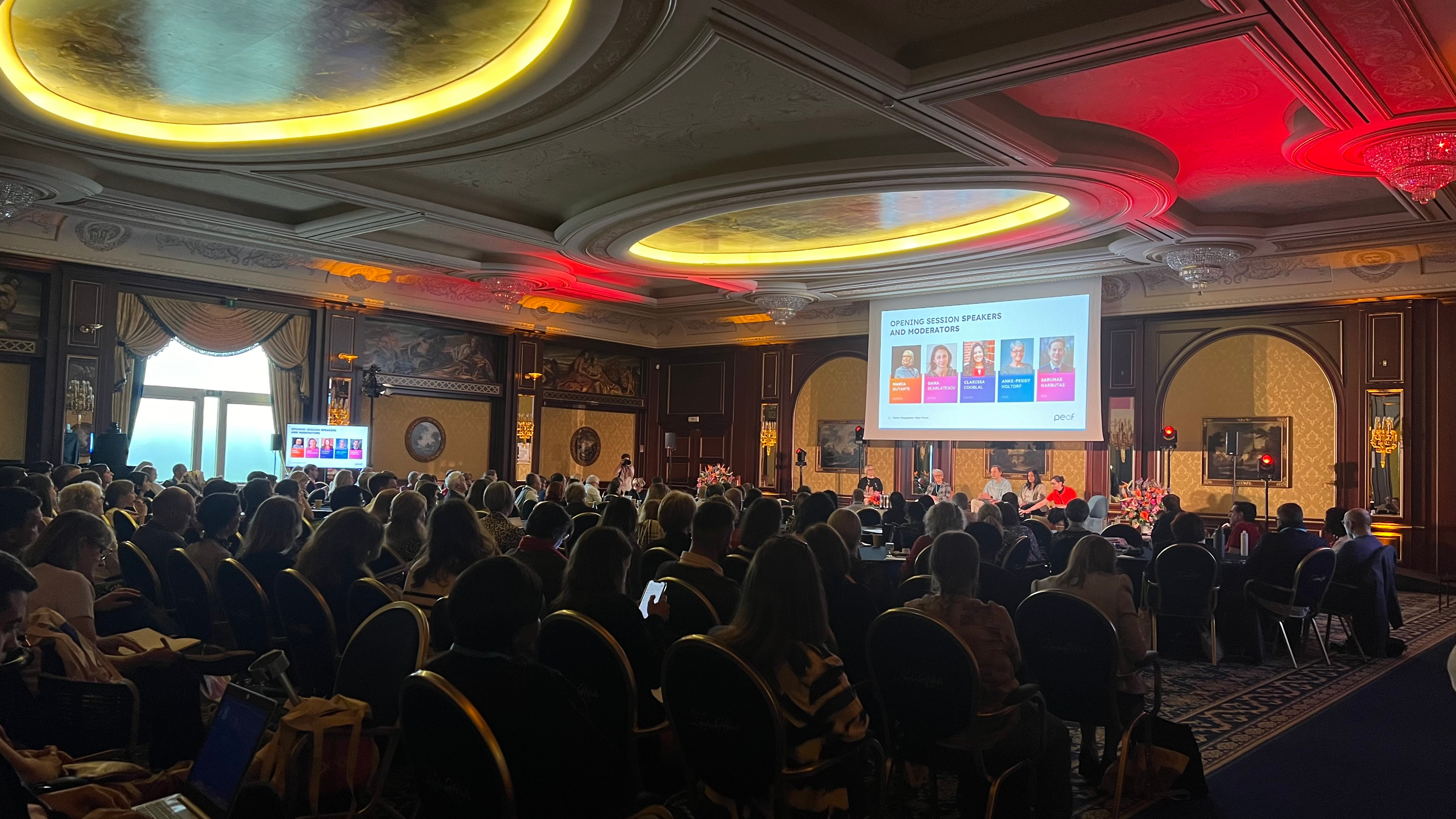
I would like to express my sincere gratitude to The Synergist and my supervisors Vincent Raske and Silvia Bornengo for their invaluable guidance and unwavering support throughout my Leadership-in-Action project. I would also like to extend my profound thanks to Lord Laidlaw and the Laidlaw Foundation for this incredible opportunity.

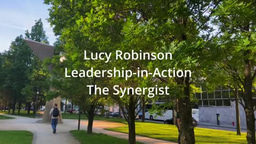
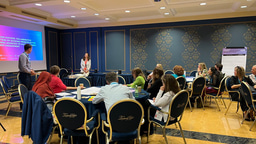
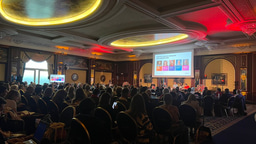
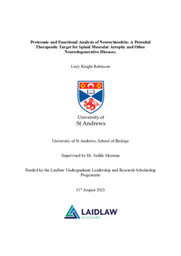
Please sign in
If you are a registered user on Laidlaw Scholars Network, please sign in